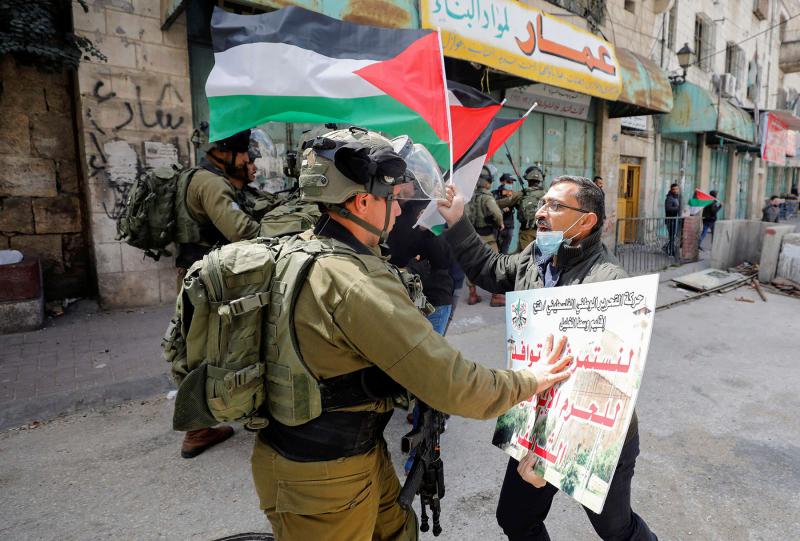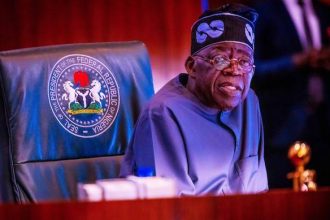Israel continues to maintain a significant security presence in the occupied West Bank through an extensive network of permanent and temporary checkpoints operated by the military and paramilitary border police. These checkpoints, a source of contention and hardship for Palestinians, serve as a reminder of Israel’s military presence and its continued occupation.
The exact number and locations of these checkpoints remain undisclosed by military authorities, often appearing overnight without prior notice. This strategy presents challenges, particularly in balancing the demand for increased barriers by Israeli settlers and the need for troops during potential Gaza Strip invasions.
International agencies, such as the United Nations Office for the Coordination of Humanitarian Affairs (OCHA) and Human Rights Watch, strive to monitor these checkpoints, which significantly hinder the normal and dignified lives of Palestinians. Before the recent surge in violence, OCHA recorded 645 obstacles, while Human Rights Watch documented approximately 1,500 temporary checkpoints appearing and disappearing in 2019 and 2020.
Even during periods of relative calm, human rights organizations have raised concerns. Israeli forces are reported to routinely deny, delay, and humiliate Palestinians at these checkpoints without explanation, while simultaneously allowing unrestricted movement for Israeli settlers, a disparity that has long fueled tensions.
Most of these checkpoints are located along the separation barrier—a massive wall that, in some areas, reaches three storeys high and is equipped with razor wire, observation towers, and various surveillance apparatus. Stretching over 700km (435 miles) through Palestinian lands, this barrier effectively prevents access to Israel from the occupied West Bank, further deepening the divide.
The presence of these checkpoints and the challenges they pose highlight the complexities of the Israeli-Palestinian conflict. As international organizations continue to monitor these developments, the hope remains for a peaceful resolution that ensures the dignity and security of all those affected by the conflict. Continue Reading
Source: Aljareera












